Positive Example Sentences
| Sentences Structure | Subject + has/have + been + verb(ing) + object |
- I have been studying.
- She has been reading a book.
- They have been playing soccer.
- We have been working hard.
- He has been learning French.
- You have been singing well.
- The dog has been barking loudly.
- The kids have been watching TV.
- My parents have been traveling.
- The teacher has been explaining.
- The car has been running smoothly.
- The birds have been chirping.
- She has been cooking dinner.
- They have been dancing.
- We have been cleaning the house.
- He has been exercising daily.
- I have been painting.
- She has been knitting.
- They have been swimming.
- We have been gardening.
Negative Examples of Present Perfect Continuous Tense
| Sentences Structure | Subject + has/have + not + been + verb(ing) + object |
- We have not been playing.
- He has not been practicing.
- You have not been listening.
- The cat has not been scratching.
- The children have not been studying.
- My friends have not been calling.
- The workers have not been striking.
- The engine has not been working.
- The leaves have not been falling.
- She has not been sewing.
- They have not been jogging.
- We have not been hiking.
- He has not been running.
- I have not been drawing.
- She has not been organizing.
- They have not been attending.
- We have not been fishing.
Interrogative Examples
| Sentences Structure | Has/Have + subject + been + verb(ing) + object? |
- Have I been studying?
- Has she been reading?
- Have they been playing?
- Have we been working?
- Has he been learning?
- Have you been singing?
- Has the dog been barking?
- Have the kids been watching TV?
- Have my parents been traveling?
- Has the teacher been explaining?
- Has the car been running smoothly?
- Have the birds been chirping?
- Has she been cooking?
- Have they been dancing?
- Have we been cleaning?
- Has he been exercising?
- Have I been painting?
- Has she been knitting?
- Have they been swimming?
- Have we been gardening?
Negative Interrogative Examples
| Sentences Structure | Has/Have + subject + not + been + verb(ing) + object? |
- Have I not been sleeping?
- Has she not been eating?
- Have they not been visiting?
- Have we not been playing?
- Has he not been practicing?
- Have you not been listening?
- Has the cat not been scratching?
- Have the children not been studying?
- Have my friends not been calling?
- Have the workers not been striking?
- Has the engine not been working?
- Have the leaves not been falling?
- Has she not been sewing?
- Have they not been jogging?
- Have we not been hiking?
- Has he not been running?
- Have I not been drawing?
- Has she not been organizing?
- Have they not been attending?
- Have we not been fishing?
Read Also:

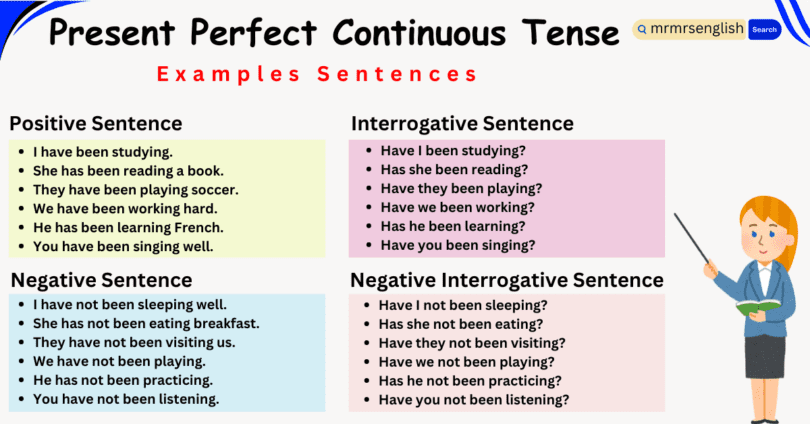
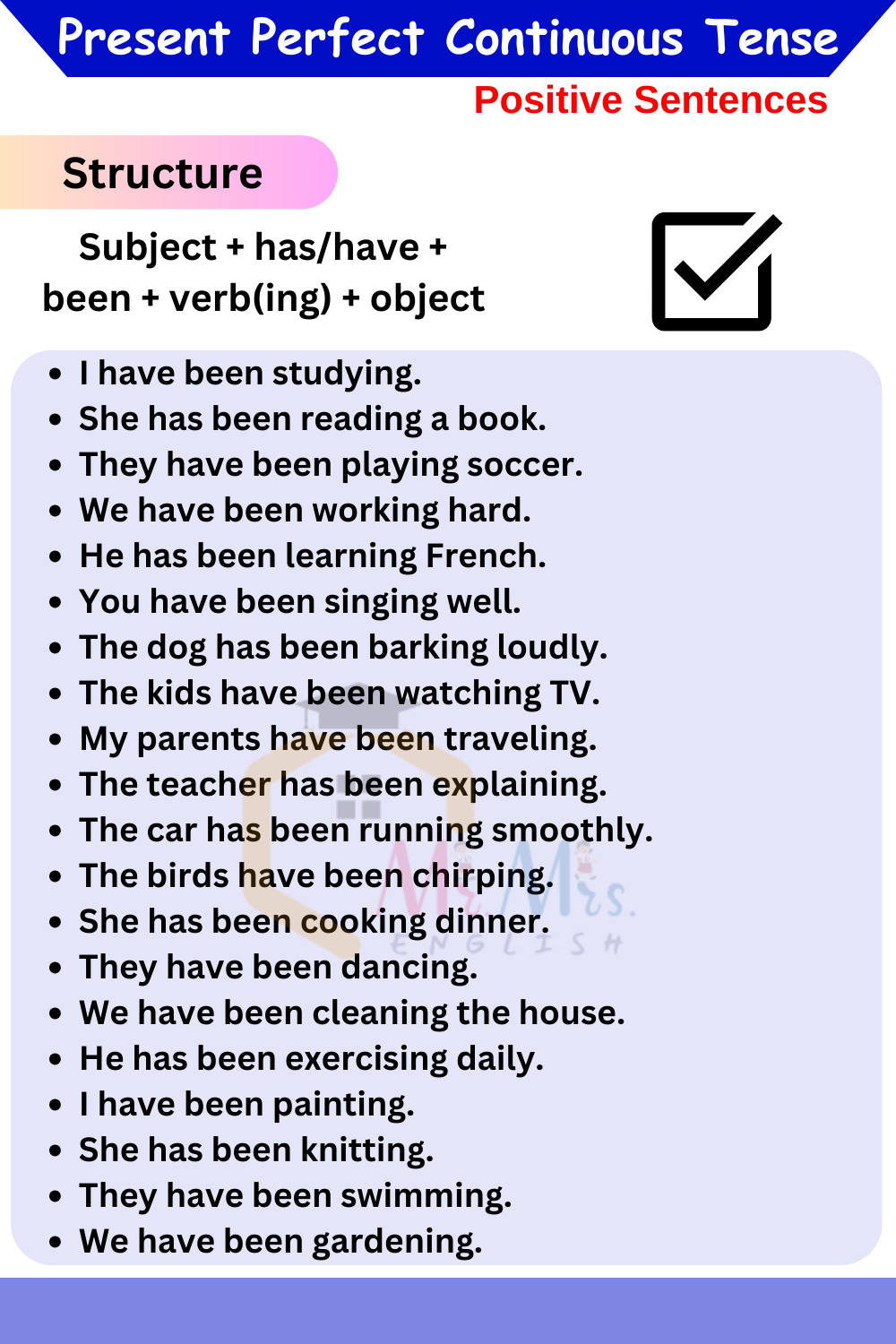
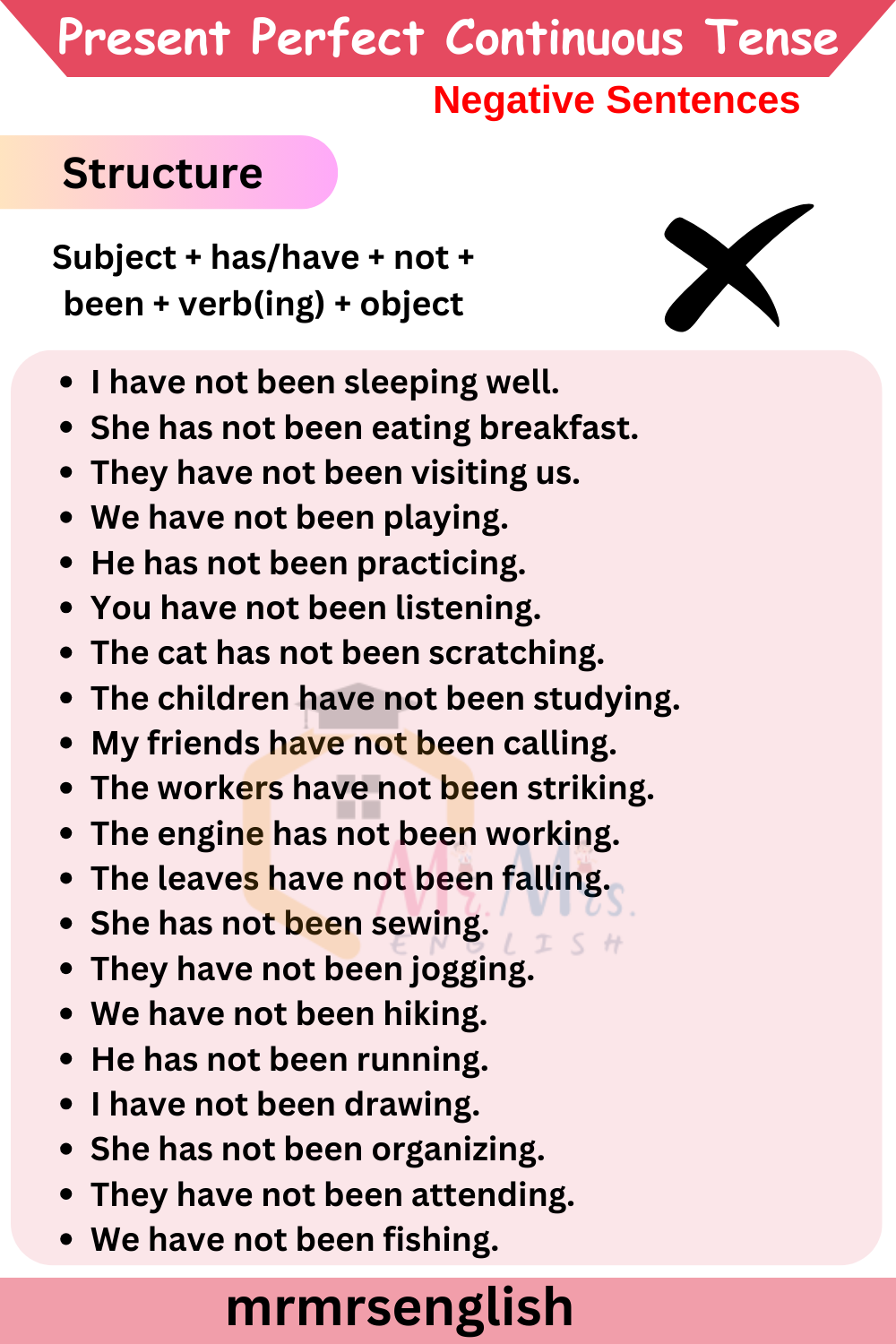
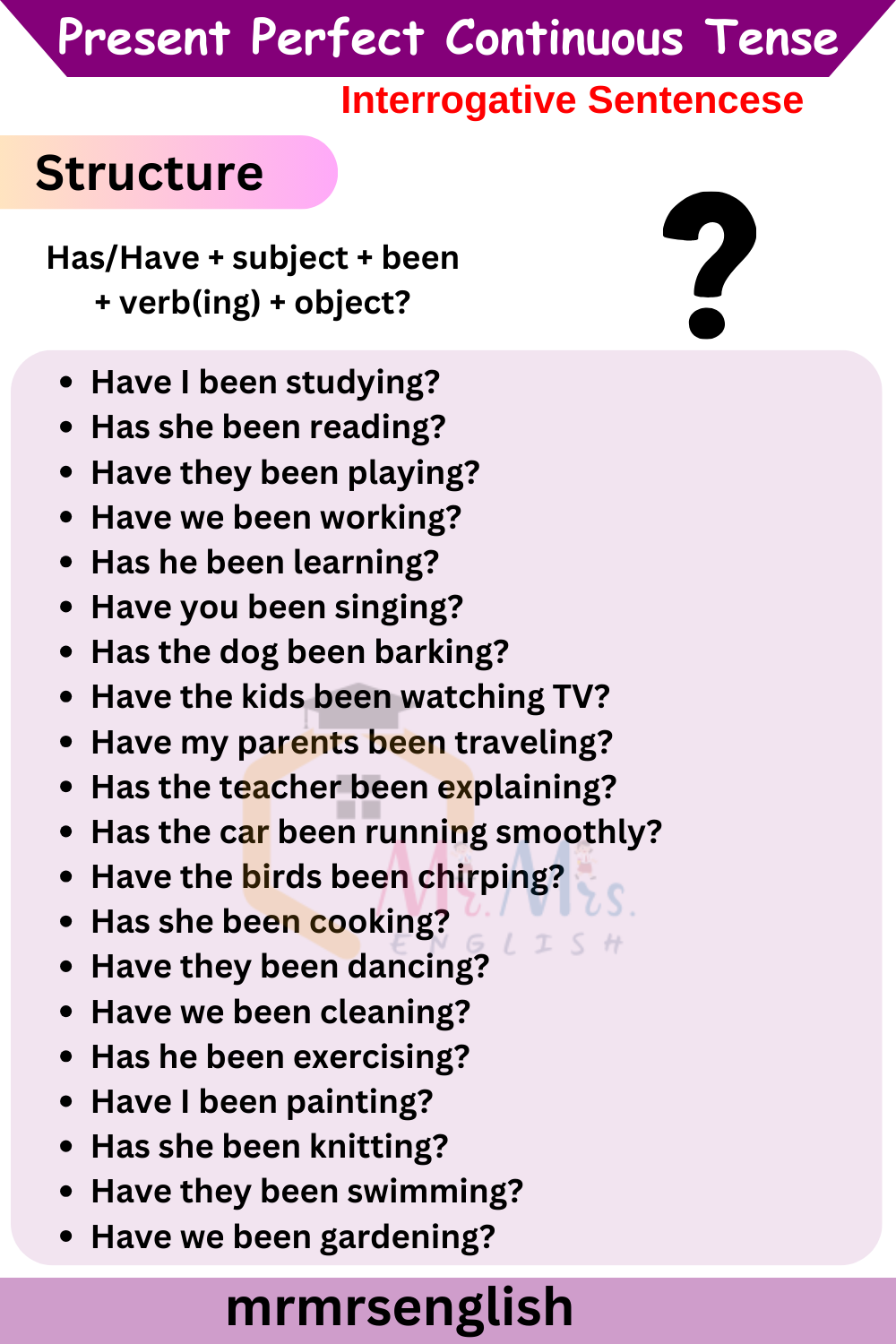
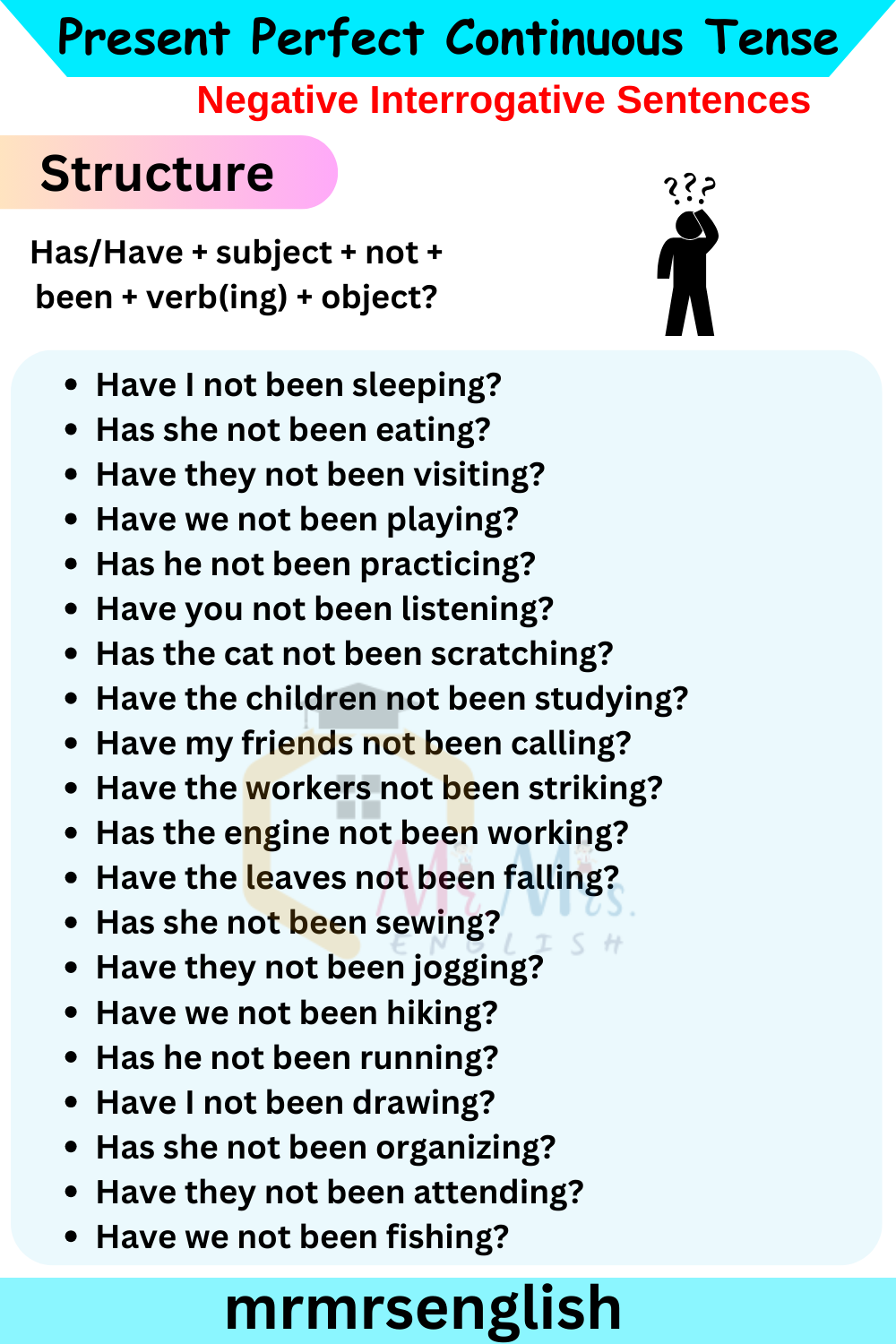


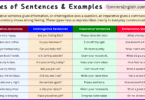
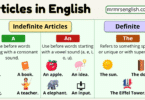
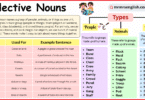
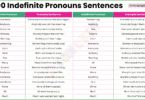
Leave a Comment